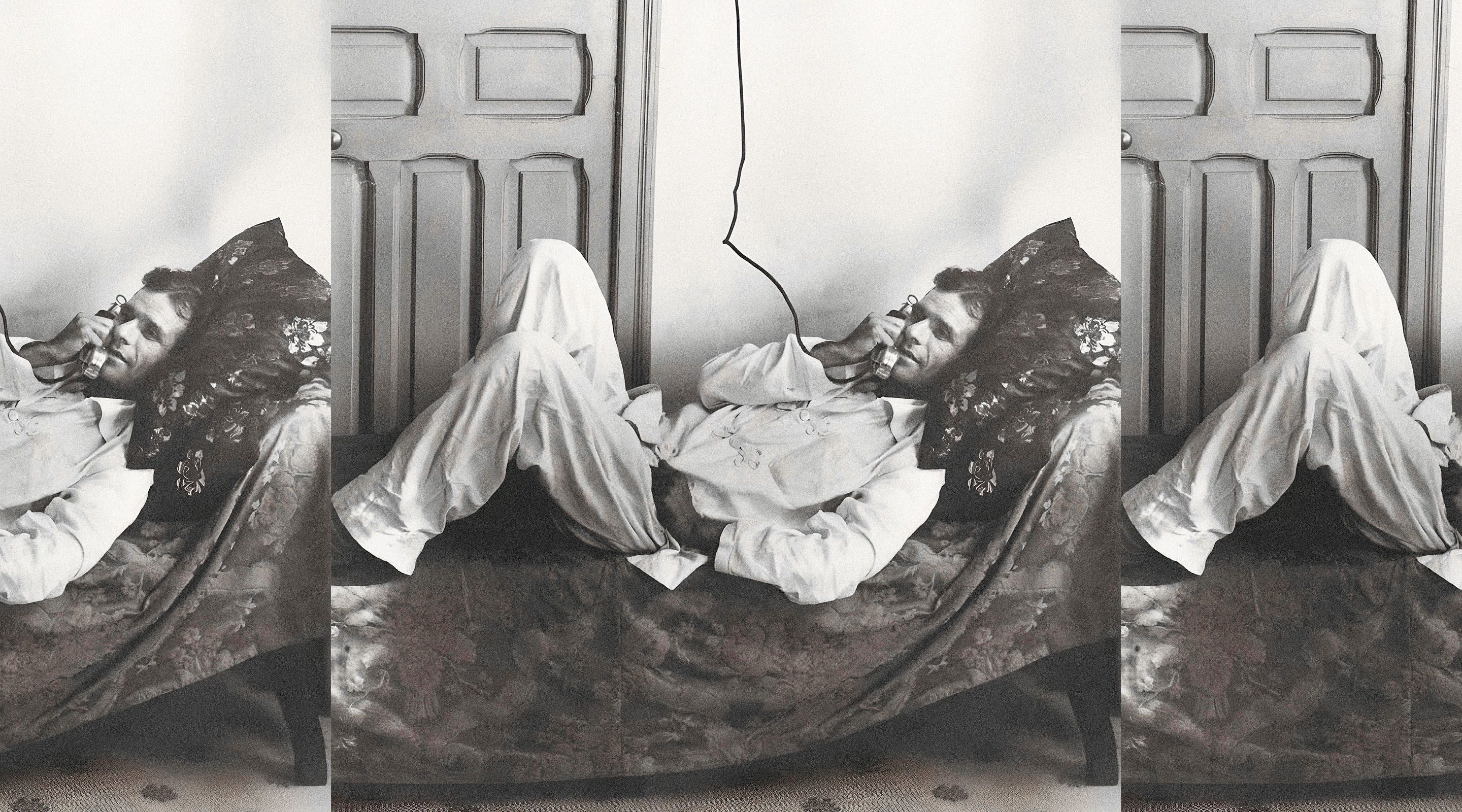
1945
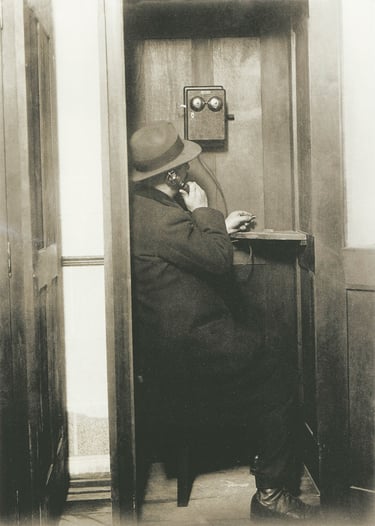
After more than two decades under the mandate of Estanislao de Urquijo, the CTNE begins a new phase with José Navarro-Reverter as president. It is time to review salaries and tariffs.
Year of change
01
After 21 years of independent management and majority American shareholding - under the ITT Corporation - in 1945 came a fundamental change in the future of CTNE. The State acquires 79% of the company's shares from ITT for almost 600 million pesetas (3.6 million euros) and a new contract is signed between the two parties that rewrites CTNE's relations with the State. This purchase of shares, however, never detracted from CTNE's status as a private company without any dependence on the general state budget.
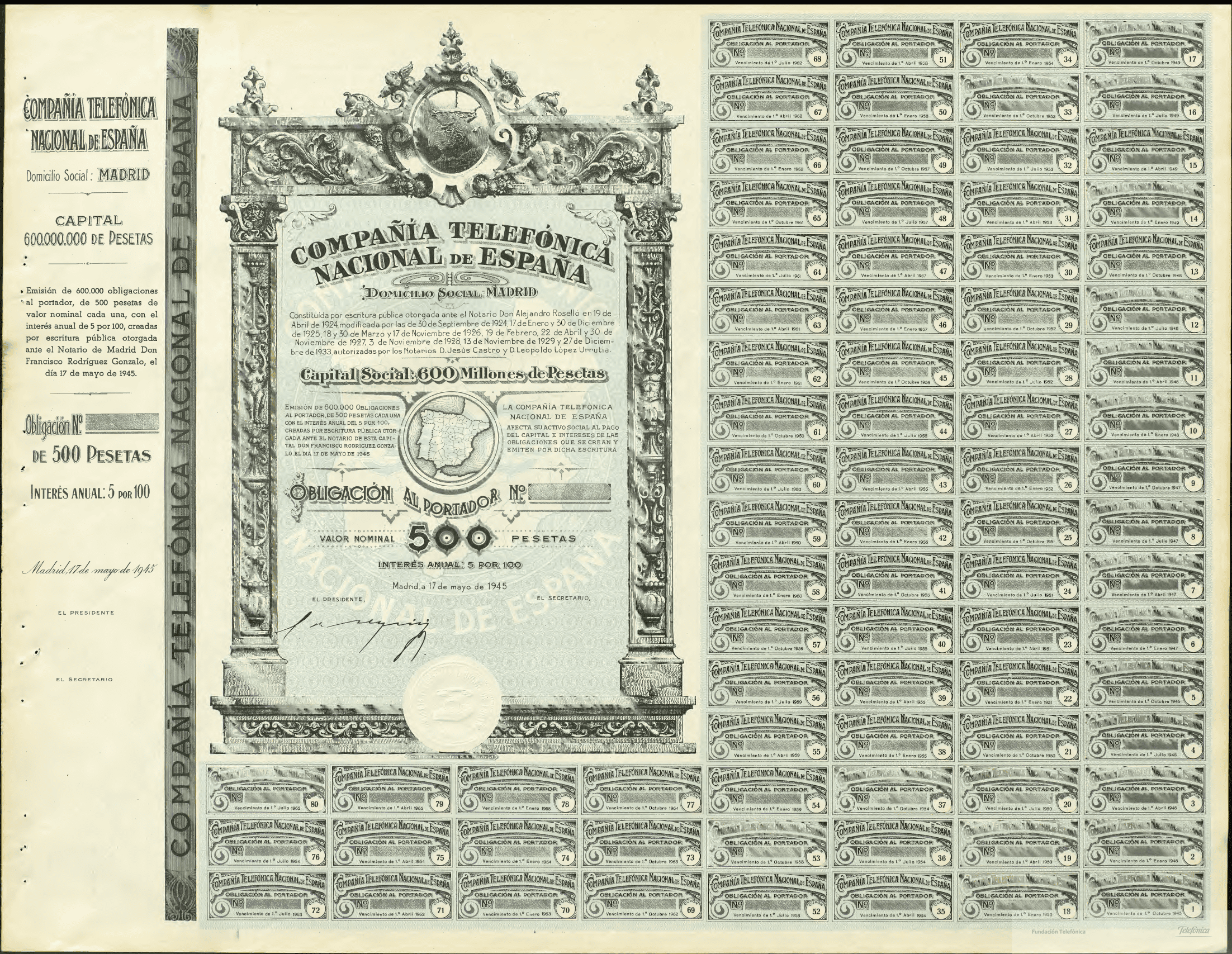
The second chairman: José Navarro-Reverter
02
As a result of this shareholder movement, a new chairman arrived at the company, after more than two decades under the leadership of the Marqués de Urquijo. He is José Navarro-Reverter, elected by the new Council. A native of Madrid of Valencian origin and a lawyer by profession, he was nicknamed "the Telephone Man" and was chairman for another two decades in which the business grew, became popular and was installed forever in homes and businesses as something indispensable.
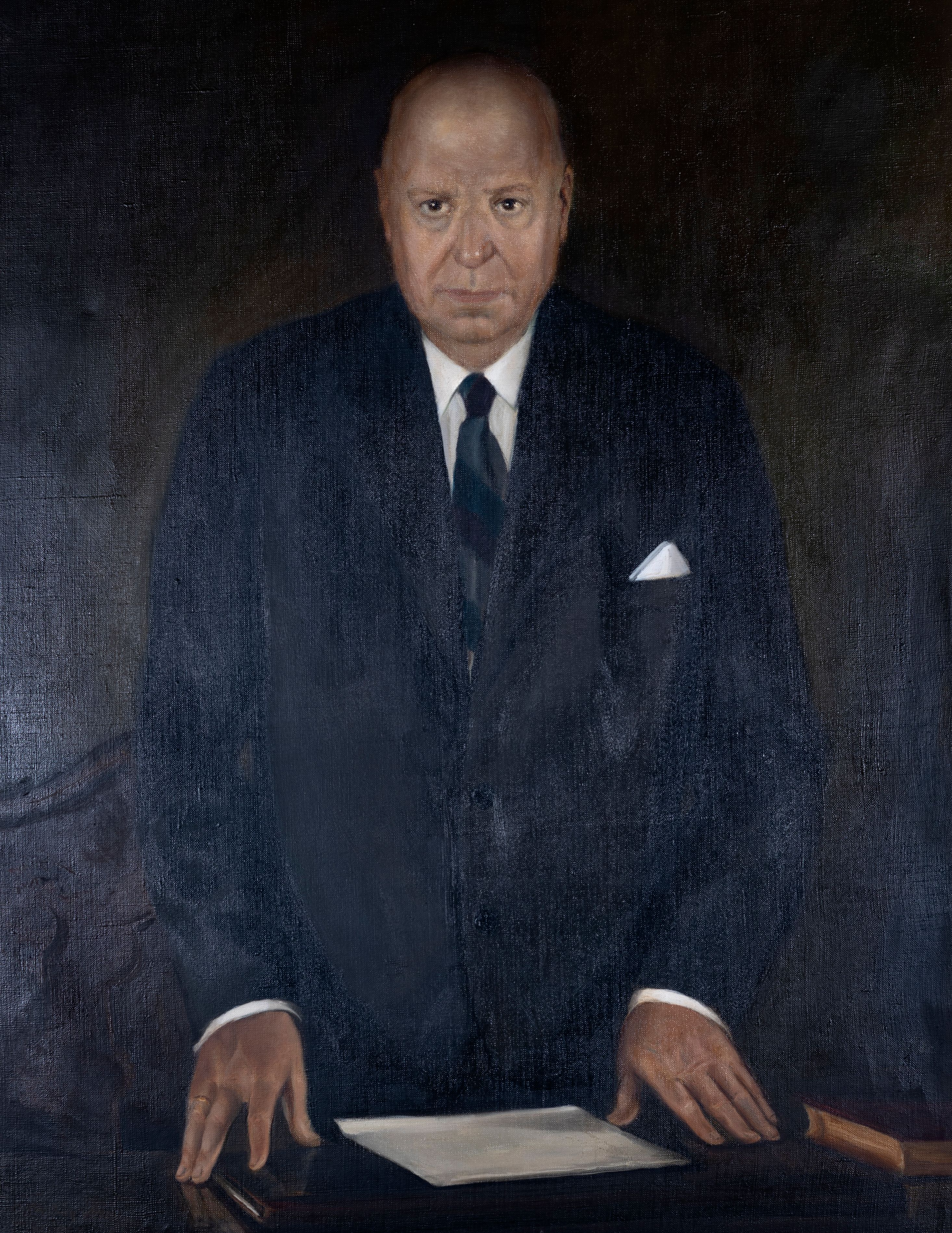
Time to review wages and prices
03
These new airs bring with them the necessary revision of two fundamental parameters that had hardly been touched in the CTNE since its birth, 21 years ago. One is wages and the other is telephone service charges. Both have to move up to keep up with the times, and both get the authorisation to "catch up". Thanks to the provision signed by the Directorate General for Labour in July, CTNE employees will see their salaries increase in 1945 by 39% to 52% depending on their job category - the lower the position, the higher the increase. Also bienniums and per diems rise significantly - by 25%. And it is at this point that two extra payments are provided for employees, one in July and one in December. As for the service fares, which had remained the same since 1924, they finally received authorisation for an upward revision, also in July, from the Government Delegation. A measure welcomed by the CTNE Board with "great satisfaction", according to this year's Annual Report.
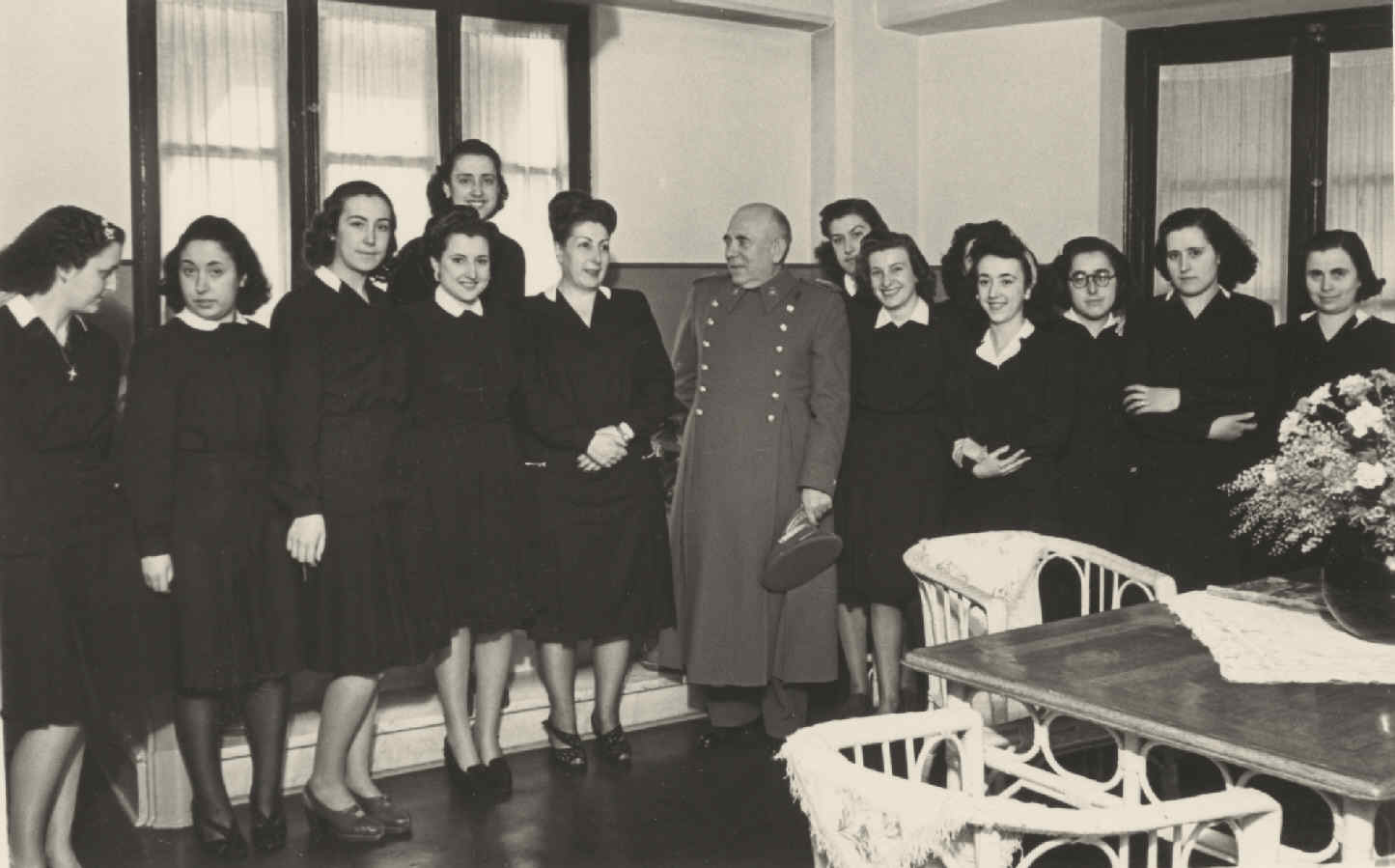
Do you have doubts about what happened?
Ask Aura